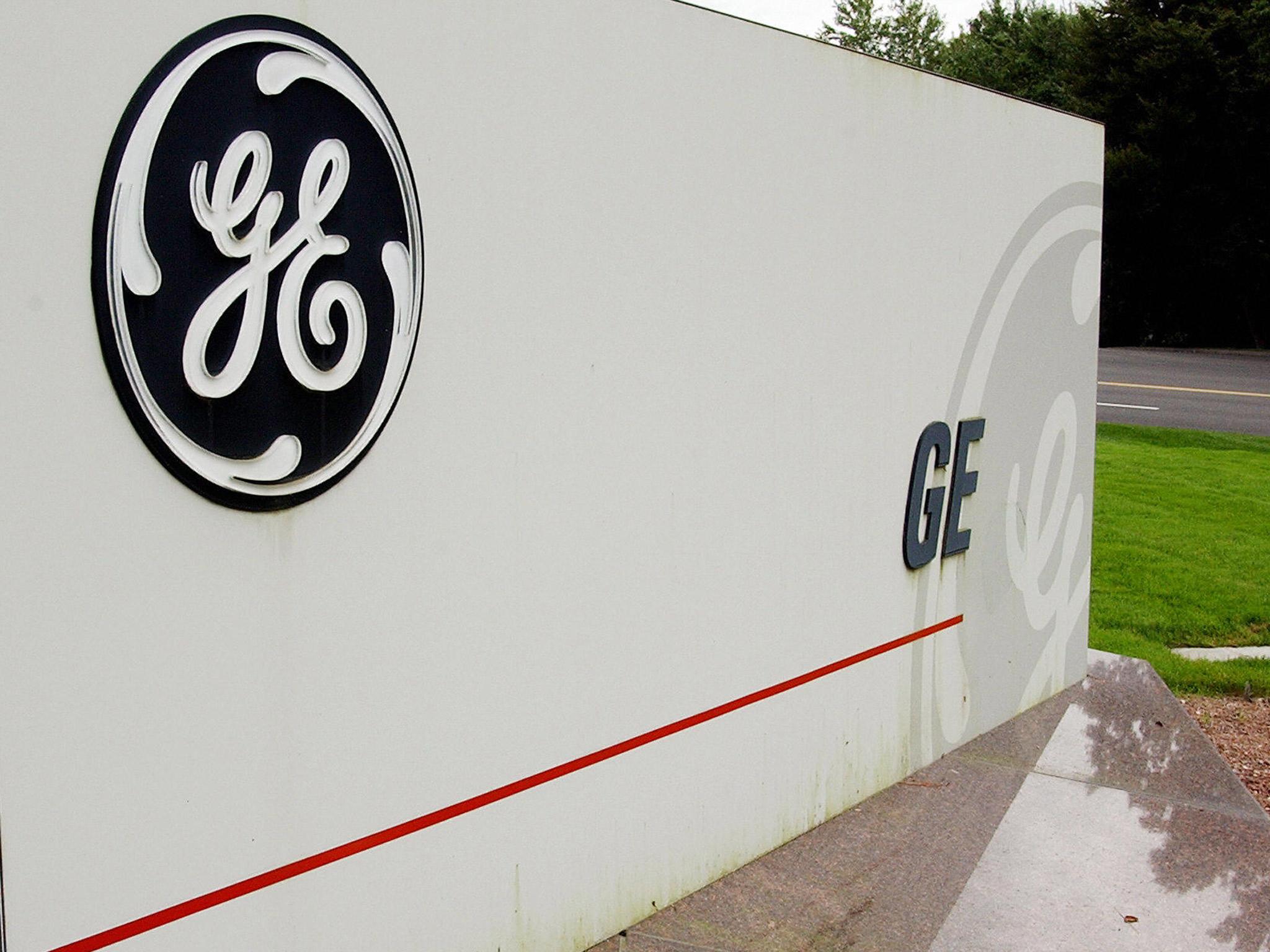General Electric ‘conspired’ to acquire airline’s planes on the cheap, High Court judge rules

The message from the serried ranks of highly paid lawyers, barristers and advisers filling the London courtroom was clear: don’t mess with General Electric.
The expensively suited cream of our legal profession will have cost the multinational giant many millions of pounds to assemble, and to fight their case day in, day out, for weeks in the drab Rolls Building of the High Court.
When faced by those with the audacity to fight back against it, it seems the multinational corporate giant will spare no sum.
But GE was defeated by Alexander Lebedev, whose son Evgeny is the owner of The Independent, and his small legal team in a case that saw the judge find that the firm had staged a “conspiracy” against his small airline business and duped him out of millions of dollars.
It awarded him more than $10m (£6.6m) in damages, plus interest, plus costs. It was his second major courtroom victory in recent weeks, having recently seen Russian prosecutors drop charges of hooliganism fuelled by political hatred after he punched another businessman, Sergei Polonsky, during a Russian TV chat show.
GE’s reputation, and particularly that of its subsidiary Gecas – the world’s biggest owner of aeroplanes – were left damaged as the judge found senior executives to be unreliable witnesses even when testifying under oath.
The story begins back in 2010 when Mr Lebedev’s small German airline, Blue Wings, got into difficulties following the financial crisis. Like many airlines, its planes were bought with loans from GE’s PK Airfinance division.
When Blue Wings’ business deteriorated, PK repossessed them. It was under a duty of care to Mr Lebedev’s business to find the best possible price for the jets, so it could recoup its loan and pass on the remainder of the proceeds to him.
As an expert witness testified, the normal strategy to get the best possible price would be to contact all the airlines in the world who might be interested, show them the planes and start negotiating.
PK decided not to do this. This was because, as the court heard, it had cooked up a deal with one of its biggest customers, the fast-growing US airline JetBlue, to lease it the planes for a super-low price. That meant PK needed to buy the planes at a significant discount.
The auction, which even the judge described as “charade”, was badly advertised. The planes were parked in different spots around the world. And on the day of the auction at law firm Clifford Chance’s London offices, no bidders turned up – apart from PK.
Being the soul bidder, PK bought the planes at a knockdown price and flipped them to its Gecas subsidiary which then, sure enough, leased them on to JetBlue.
This was, the judge found, a “conspiracy” against Mr Lebedev’s business.
Mr Lebedev said: “GE tried to crush us by use of their financial power in the face of the facts, and failed. All of our efforts to reach an out-of-court settlement were rebuffed. Our resolve to press on in spite of the financial burden has now been vindicated by the court’s ruling.”
A Gecas spokesman said the company was disappointed by the ruling. “There was no wrongful conduct here and we plan to appeal the decision.”
Subscribe to Independent Premium to bookmark this article
Want to bookmark your favourite articles and stories to read or reference later? Start your Independent Premium subscription today.

Join our commenting forum
Join thought-provoking conversations, follow other Independent readers and see their replies